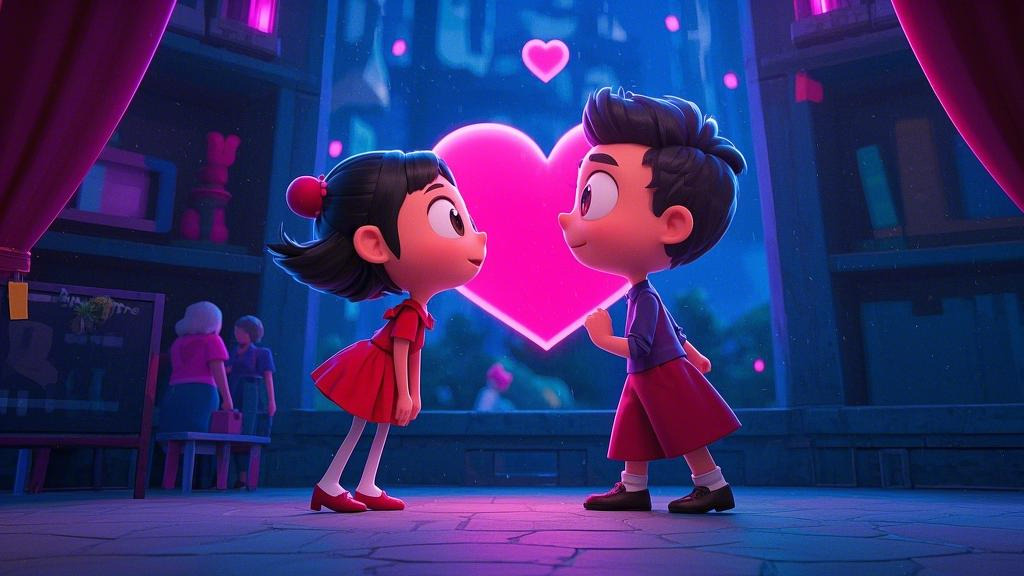The Art of Forgiveness in Relationships: Healing Through Understanding
By Kendra Cherry
|
2025.01.06

Relationships are a delicate balance of love, trust, and understanding. Yet, despite our best efforts, conflicts and hurt feelings can arise. In such moments, the art of forgiveness becomes crucial. Forgiveness is not merely about forgetting and moving on; it's a profound process of healing, reconciliation, and personal growth. Here are some insights into the importance and practice of forgiveness in relationships.
1. Recognition of Hurt
The first step in forgiveness is acknowledging the hurt. This involves recognizing both the act that caused the pain and the emotional impact it had on you. It's essential to be honest with yourself about how you feel and to express these feelings to your partner in a constructive way.
2. Understanding the Other's Perspective
True forgiveness often requires a shift in perspective. Try to understand your partner's motivations, emotions, and possible limitations. This doesn't mean condoning hurtful behavior but rather seeking to comprehend their point of view. Empathy and compassion can help bridge the gap between you.

3. Communication as a Bridge
Open and honest communication is vital in any relationship, especially when forgiveness is needed. Share your feelings, thoughts, and expectations clearly. Listen actively to your partner's responses, and be prepared to engage in a dialogue that might be difficult but necessary for healing.
4. Self-Reflection
Before seeking forgiveness, it's important to reflect on your own role in the conflict. Were there things you could have done better? Self-reflection helps in taking ownership of your actions and emotions, promoting personal growth and a more balanced approach to conflict resolution.
5. Letting Go of Resentment
Resentment is a heavy burden that can weigh down a relationship. It's crucial to let go of negative emotions that hinder forgiveness. This doesn't mean forgetting what happened but rather choosing to release the anger and hurt that come with it.

6. Taking Action Towards Healing
Words alone can sometimes be insufficient. Consider taking concrete actions that demonstrate your commitment to healing and reconciliation. This might involve seeking professional help, engaging in couple's therapy, or simply making a concerted effort to show love and support through small acts of kindness.
7. Patience and Time
Forgiveness is not an overnight process. It takes time to heal from hurt and rebuild trust. Be patient with yourself and your partner. Understand that setbacks may occur, but they are opportunities for further growth and understanding.
8. Setting Boundaries
While forgiveness is crucial, it's equally important to set boundaries to protect yourself from future hurt. Clearly communicate your needs and expectations, and be prepared to enforce these boundaries if necessary. Boundaries are a sign of self-respect and an essential component of healthy relationships.
9. Practicing Self-Care
Forgiveness is a journey that can be emotionally taxing. It's important to prioritize self-care during this time. Engage in activities that nourish your mind, body, and soul. Seek support from friends, family, or a therapist if needed.

10. Celebrating Reconciliation
When forgiveness is achieved, celebrate it! Recognize the progress you've made as a couple and the strength it takes to overcome conflict. Celebrate small victories and milestones in your relationship journey.
11. Continuous Growth and Learning
Forgiveness is a continuous process. As you and your partner grow and evolve, new challenges and conflicts will arise. Commit to ongoing personal and relational growth. Seek to understand each other better, communicate more effectively, and be open to learning from your experiences.
In conclusion, forgiveness is a powerful tool for healing and strengthening relationships. It requires courage, empathy, and a commitment to personal and relational growth. By practicing forgiveness, you can transform hurt into healing, conflict into understanding, and separation into a deeper, more meaningful connection.





































































